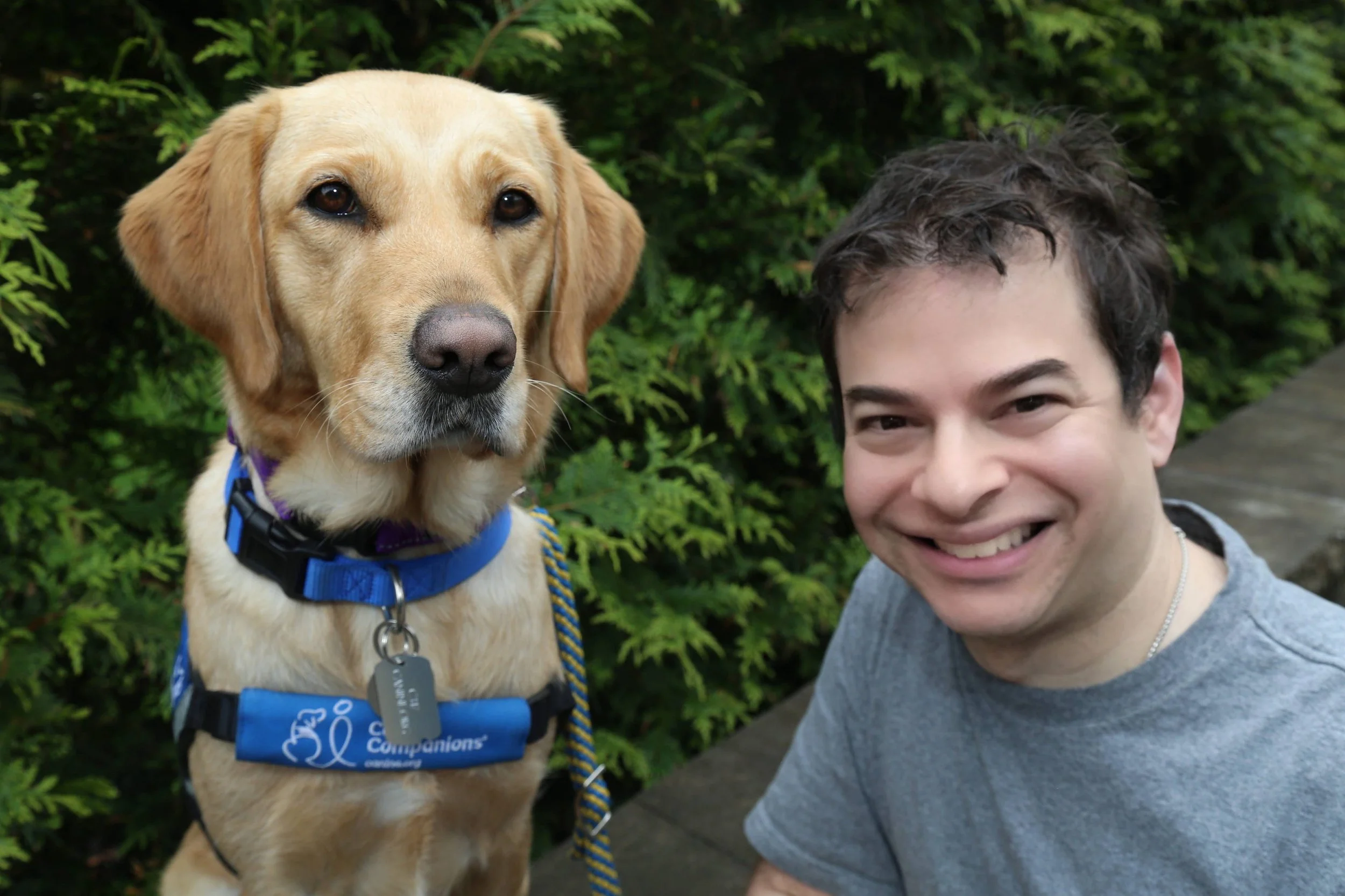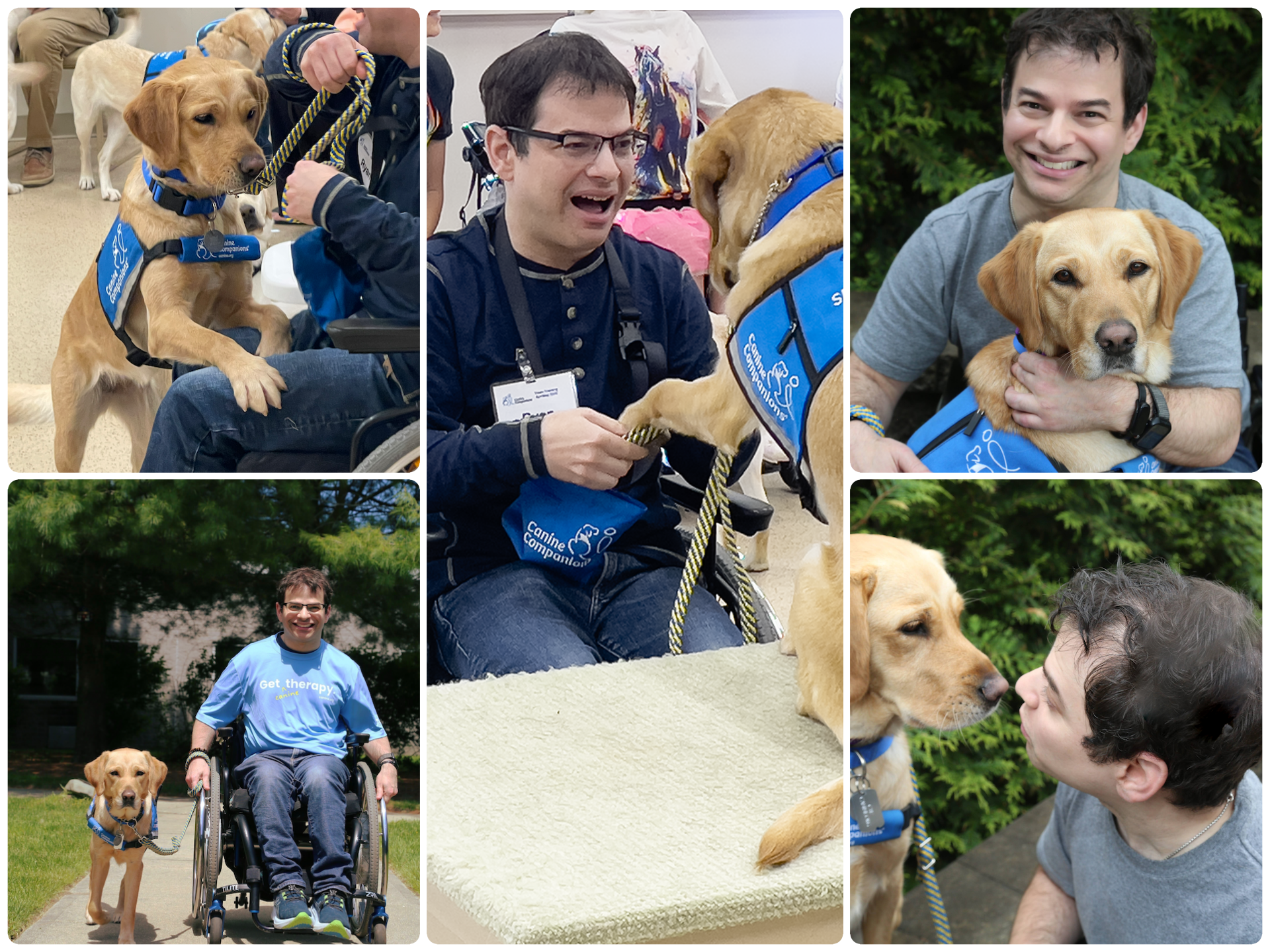An open spellbook glows with swirling blue magic that forms accessibility symbols, including a wheelchair icon and braille dots. The book rests on a wooden table surrounded by candles, pumpkins, and old scrolls, blending Halloween imagery with a sense of inclusive design and possibility.
They put a spell on you. Now that the calendar has flipped, do you care?
NDEAM is over, but the access horror show runs year-round.
The barriers are still right where we left them.
Feels about right, doesn’t it?
I spent the last day of NDEAM, which also happened to be Halloween, recording an episode of DisabilityEmpowermentNow with Keith Russell Murfee-DeConcini.
Keith asked thoughtful, generous questions, and we went there into the messy, human stuff. I call myself a Disability Advocate, Speaker, and Professional Persuader because most days are a negotiation between what is and what should be.
As I'm fond of saying: I’m not fighting because I enjoy the fight. I’m fighting so I can stop fighting.
As an advocate, my goal is to put myself out of business.
Since it was Halloween, we talked about masks and the stories we’re asked to wear. Every time we advocate for accessibility, I think about who decided what “normal” was in the first place. If normal is a choice, we can make a better one. One that doesn’t rank disabilities by visibility. One that assumes talent shows up in every kind of body and brain.
Now that NDEAM has wrapped, here’s the quiet part said out loud. It’s not enough to hire disabled people. We need to be in every room, at every level, shaping how access actually works. Accountability matters. Policies need enforcement and equity to move beyond optics.
Access is a 24/7 responsibility.
Episode release date coming soon. Follow Disability Empowerment Now and Keith to catch it when it drops.










